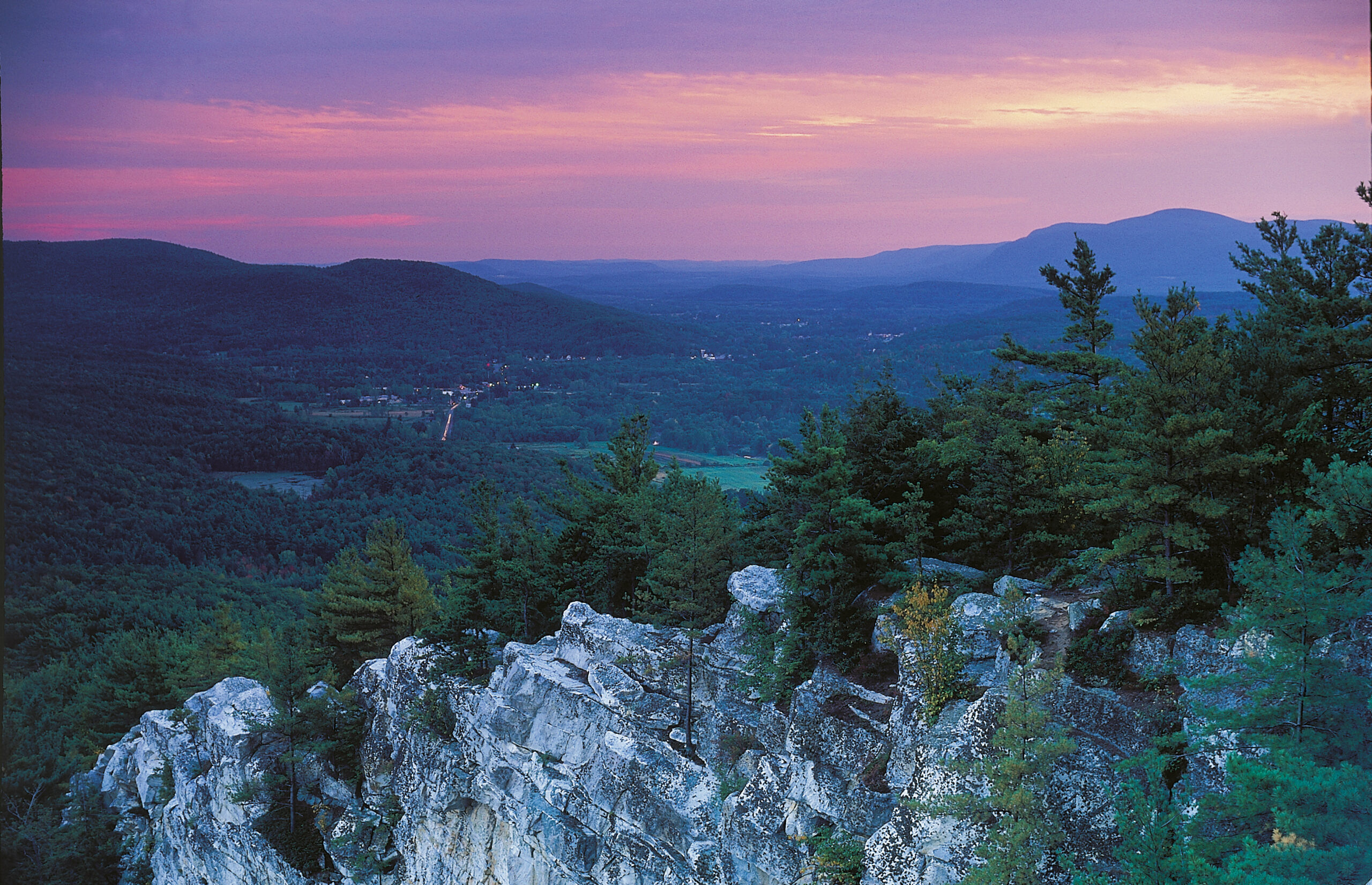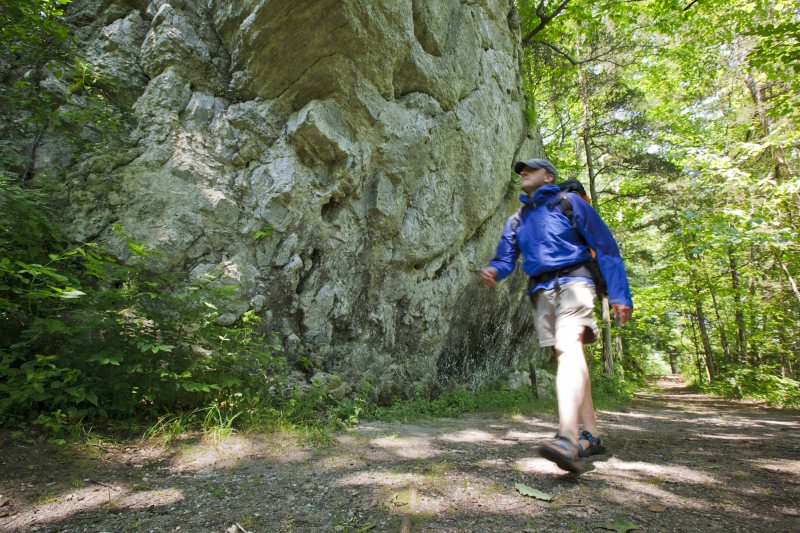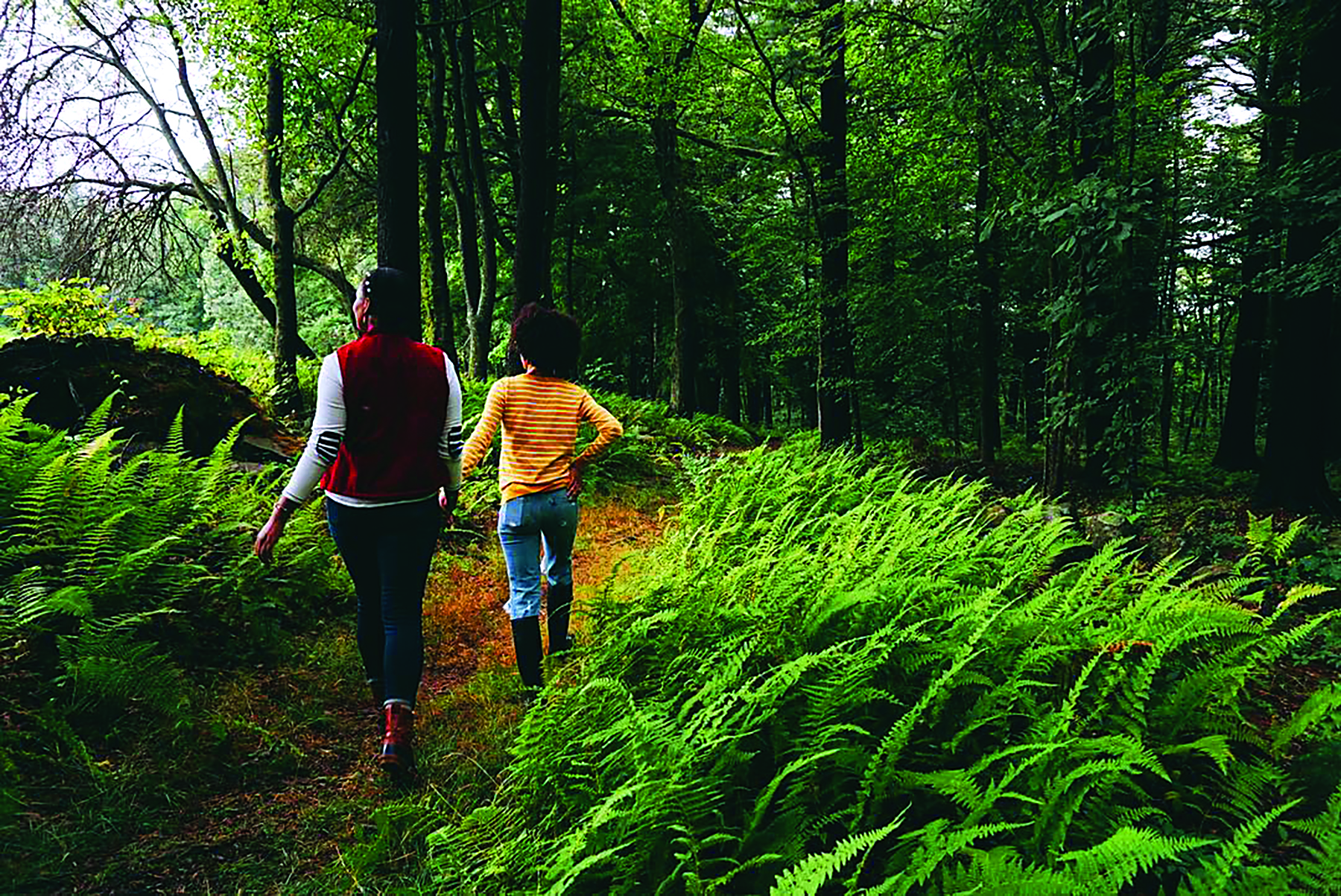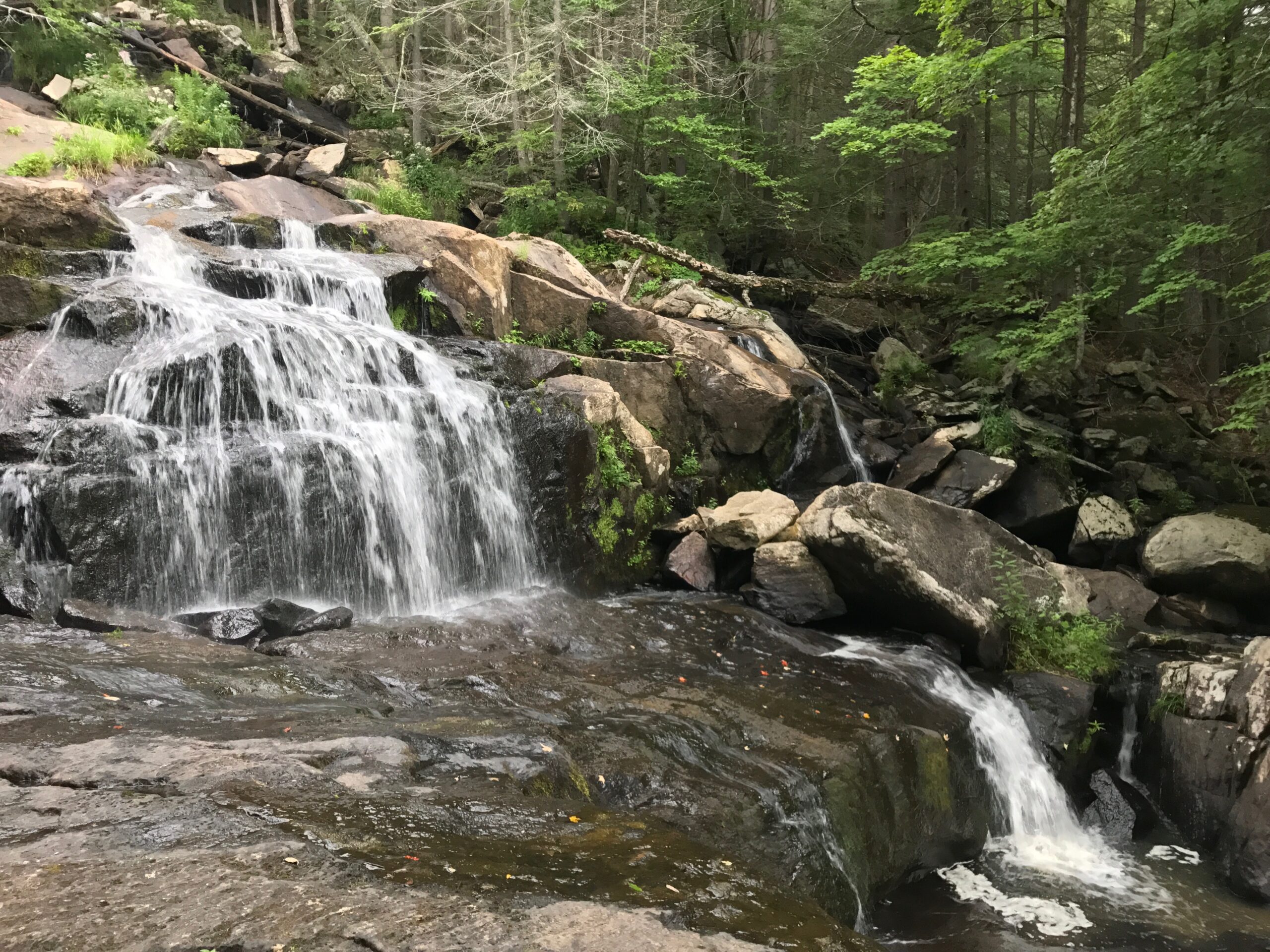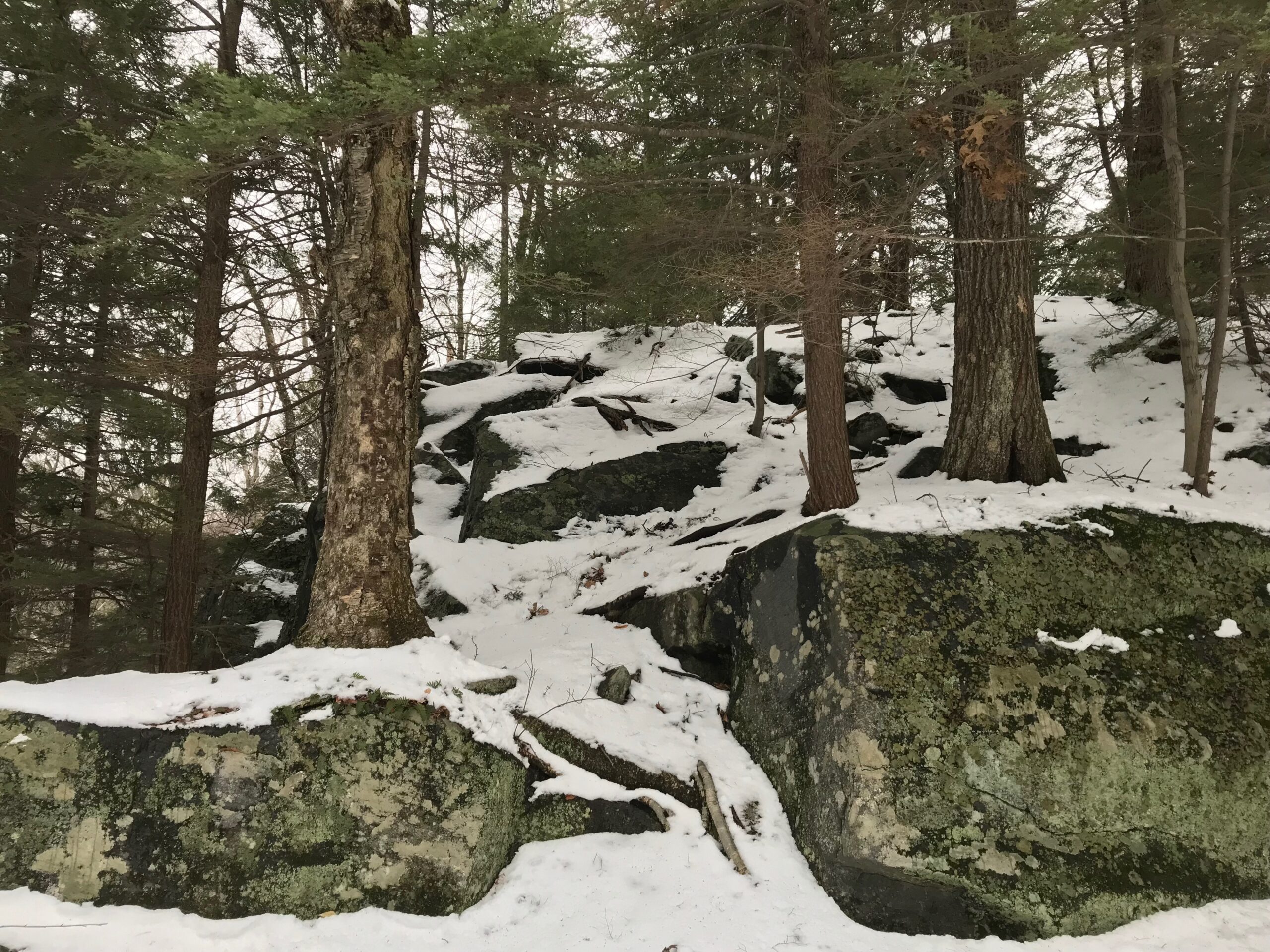As part of our mission to preserve places for public use and enjoyment, Trustees properties are open to the public for many visitor activities. This includes hunting at many properties following our hunting policy. The Trustees recognizes the value of hunting as an effective way to steward our natural resources and ecosystems, gardens, and agricultural crops as well as a recreational activity and sustainable source of food. Roughly half of our properties allow some form of hunting and on the other half no hunting is allowed. Properties fall into three designations: Open to Hunting per town and state law, Open to Controlled Hunting by Permission Only, or No Hunting. See our hunting policy for more information on where and how hunting is allowed.
Several factors determine whether or not hunting is permitted at a particular reservation, including:
- Town laws
- Ecological conditions of reservation, including the health of its plant communities and wildlife
- Historical precedents for hunting
- The wishes of the donor of the land (where applicable)
- Size of the property
- Level of visitation
- Density of surrounding development
Download our policy on hunting (pdf).
How do I learn if hunting is allowed on a reservation?
- If hunting is permitted on that reservation during hunting season, it will be listed in the Regulations and Advisories section.
- Remember: state law prohibits all forms of hunting on Sundays!
- If it is not noted in the Regulations and Advisories section, then hunting is prohibited at that reservation at all times.
- Click here to do a reservation search on hunting to find out where hunting is permitted.
- Click here for a list of Trustees properties and their hunting designation.
The Trustees Deer Management Program
Controlled hunting for deer is one of the two forms of hunting allowed. Deer populations are overabundant throughout much of the eastern United States, including Massachusetts. This overabundance is a direct effect of human influence that eliminated their natural predators, created ideal habitat through suburban development, and today fewer people hunt with less land to hunt on, and we regulate how harvest can occur. Excessive browse from overabundant deer populations poses a great threat to natural and cultural landscape resiliency/integrity, biodiversity, rare species preservation, and exacerbates the negative impacts of climate change. Currently, hunting is the only practical and permittable means to control deer populations in Massachusetts and has proven over time to be an effective way to manage deer populations and resilient ecosystems. The Trustees monitors vegetation on our properties to assess the impacts deer are having on the landscape and the impact of the deer management program.
How to Participate in the Deer Management Program
Space in the program is very limited. Currently, we are not recruiting hunters to participate, and openings are extremely rare. Since this program is specifically for deer management, we retain hunters participating safely and responsibly, as these hunters are already onboarded into the program and know the properties and deer patterns. If you have specific questions, please refer to the Regulations and Advisories section for the specific property you are interested in, for the preferred contact information.
What can visitors do to protect themselves?
- Be alert. Always be alert when visiting reservations during hunting season: On reservations where hunting is permitted, observe signs that are posted, wear bright orange clothing, and hike only on clearly marked trails. See the video at the bottom of the page for more information.
- On reservations where hunting is prohibited, hunting may still take place without the knowledge or consent of The Trustees of Reservations. In addition, where hunting is permitted on adjacent land or in the vicinity of a reservation, but prohibited on the reservation itself, the potential exists for trespass by hunters; in these cases, avoid using trails along reservation boundaries. We encourage the public to report any violations to The Trustees, local police, or state environmental police.
- Be informed. There are a number of simultaneous and overlapping hunting seasons during the year that together make for a longer hunting season than one might think.
Learn more from the Commonwealth of Massachusetts’ MassWildlife website and watch this video on the importance of wearing blaze orange while hunting.
